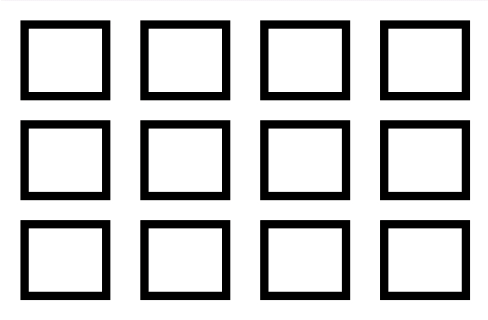This is a scholarship for Ph.D. students worldwide studying borders and bordering phenomena. You will receive monthly stipend up to EUR 1,400 to work on research project concentrating on following aspects:
- Conceptual construction of borders
- Changing nature and functionality of national borders and its effect on regionalisation
- Materiality and symbolism of borders
- Transformation of border and regional regimes
- Supra- and sub-national integration,
- Citizenship and belonging
- Security and securitisation
- Transnational social protection
- Cultural borders and their manifestation in arts and cultural production
Both empirical research based on extensive fieldwork and projects centered on theoretical reflection are eligible for support.
The scholarship is provided by German ZEIT-Stiftung. This is one of the thousands of EU opportunities for Ukrainians.
Learn more information
What do I get?
- The advanced master’s students and Ph.D. students in an early stage of project formulation will receive stipend of EUR 1,200 during 10 months and participation in the dissertation proposal development workshop.
- Ph.D. students enrolled in Ph.D. programmes or admitted to an individual Ph.D. scheme will receive stipend of EUR 1,400 for a period from one to three years.
- The advanced Ph.D. students will receive stipend of EUR 1,400 during one year.
Can I apply?
This scholarship supports Ph.D. students worldwide studying borders and bordering phenomena who:
- Obtained a university degree that qualifies them for Ph.D. studies
- Showed above-average academic aptitude
- Conduct the research project concerning the proposed theme which promises to yield independent and new findings
What do I need to apply?
Completed online application form where you have to attach:
- Research proposal
- Research plan with time schedule
- CV
- Copy of your university degree
- Two letters of reference by university professors
Good to know
- Scholarship holders can work up to 10 hours per week with total monthly income up to EUR 600, subject to consultation with the Foundation. Full-time work is not allowed.
- Ph.D. students are required to present their project at the scholarship conference held annually in spring, having before submitted in writing a 10 page paper on a specific aspect of their dissertation.
